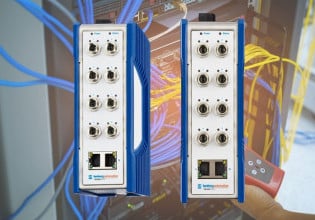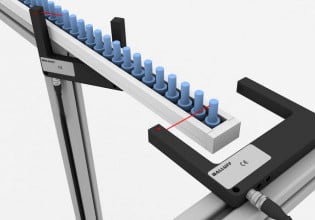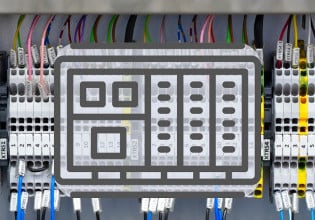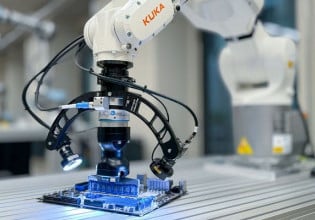R
We all know that a Microcomputer is used to monitor and control various manufacturing processes in large process industries. When it gives some signal (in terms of information), control system components like actuators and valves act accordingly.
In entire of this process, I don't see any place for control systems engineering tools like Bode plots, Nyquist or Automatic feedback control.
Please explain this.
In entire of this process, I don't see any place for control systems engineering tools like Bode plots, Nyquist or Automatic feedback control.
Please explain this.






